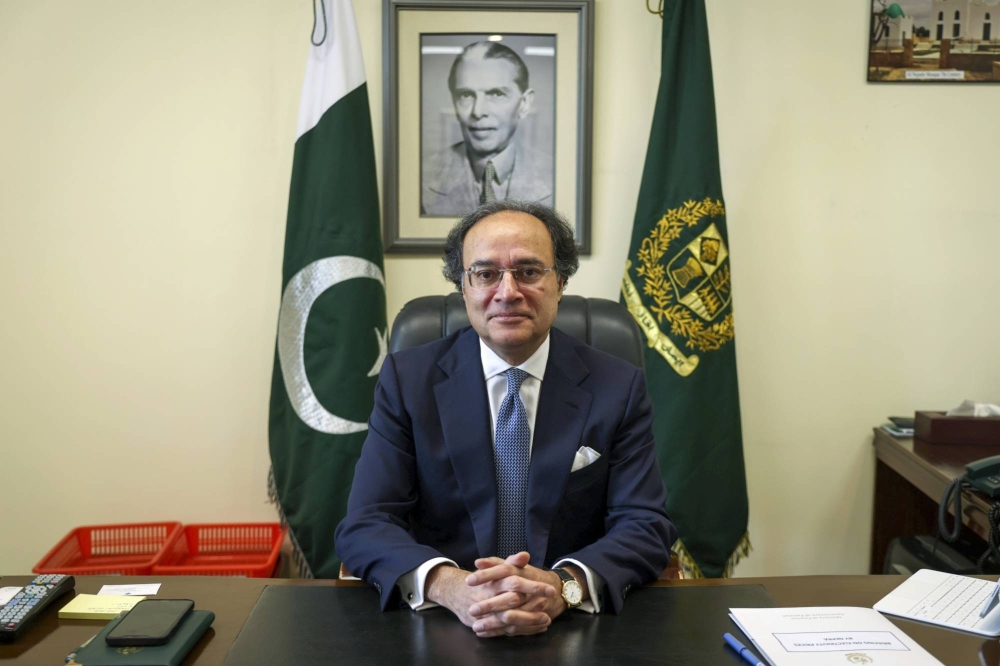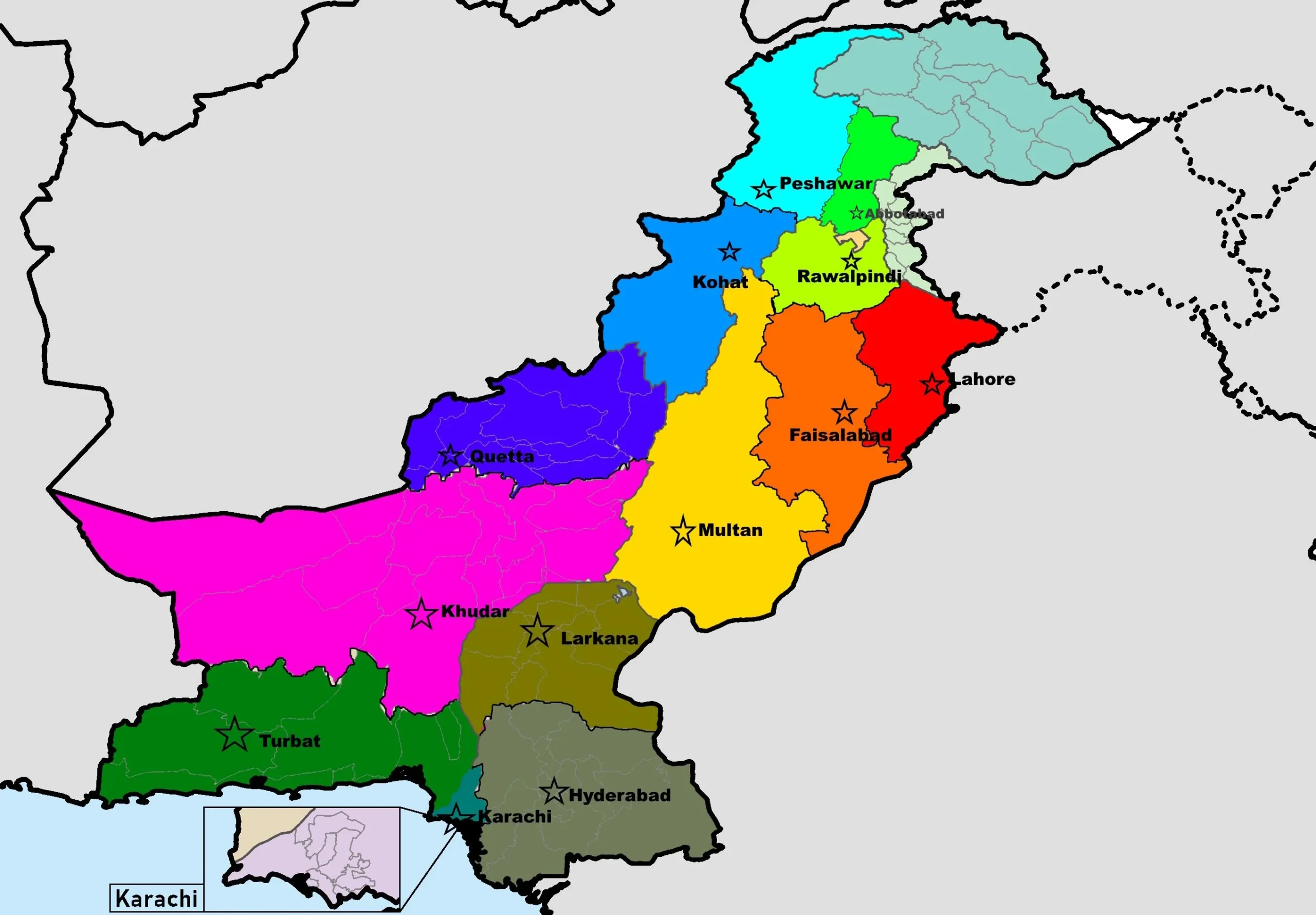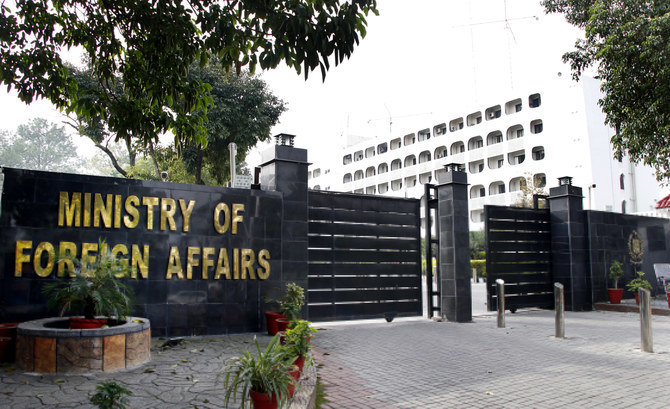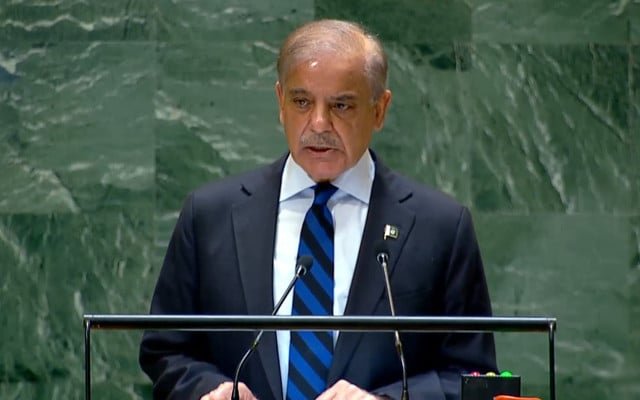On Sunday, Federal Minister for Finance & Revenue, Senator Muhammad Aurangzeb, announced plans to bring the elite class into the tax net, highlighting that over 190,000 individuals, owning multiple houses and vehicles, are currently evading taxes. Speaking during a meeting with local businesspeople, farmers, and industry leaders in Judgewala Kamalia, Aurangzeb emphasized the importance of taxes for a nation’s economy, stating that countries cannot rely on borrowed money but must instead fund themselves through taxation.
Aurangzeb acknowledged issues within the current taxation system and outlined efforts to simplify it, including making the process faceless and reducing human intervention to prevent corruption. The government is also working on measures to tackle tax evasion effectively.
He further stressed the need to increase exports, reduce reliance on imports, and enhance foreign exchange earnings to help make Pakistan self-reliant. To promote business growth, he highlighted the government’s plan to reduce interest rates to single digits, which would encourage investment and production.
The minister also discussed the ongoing efforts in agriculture reform, criticizing the slow progress in Pakistan compared to neighboring India. He called for increased investment in agricultural research and emphasized that reforms in the energy sector and political unity are key to national progress.
Aurangzeb also addressed concerns regarding the sugar industry, stating that mills not following government directives to clear dues to farmers would be sealed. He urged local authorities to take action against inflation and price manipulation, stressing that the government would not hesitate to intervene when necessary.
Pl watch the video and subscribe to the YouTube channel of republicpolicy.com
The minister reaffirmed the government’s commitment to export-led growth, with a focus on agriculture and IT sectors, which he believes are critical for Pakistan’s long-term economic development. He also highlighted recent successes, such as reducing inflation, improving macroeconomic stability, and increasing consumption in key industries like cement and fertilizer.
Aurangzeb emphasized that reforms in taxation, energy, and State-Owned Enterprises (SOEs) are essential to Pakistan’s economic growth, with a goal to raise the tax-to-GDP ratio from 9-10 percent to 13.5 percent. He also announced plans to digitize the tax process to reduce human intervention.
Additionally, the minister expressed the government’s intention to privatize the Pakistan Agricultural Storage and Services Corporation (Passco) and shift strategic reserve management to the private sector. He also called for a reevaluation of the Higher Education Commission’s effectiveness.
Aurangzeb praised Sialkot’s self-sufficiency and Kamalia Khaddar’s success as global brands, encouraging other regions to follow these examples. He assured farmers and industry stakeholders that their concerns would be addressed directly, emphasizing the government’s commitment to engaging with the public and making decisions based on their feedback.















